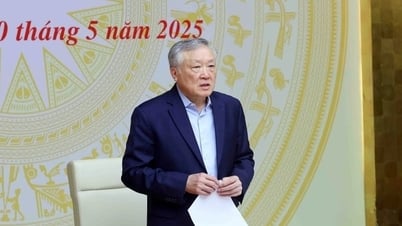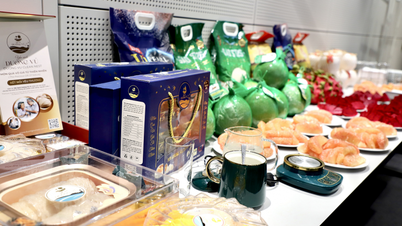In the domestic market, at the beginning of the trading session on April 23, the State Bank announced the exchange rate of the Vietnamese Dong against the Japanese Yen at 174.61 VND.
The reference exchange rate at the State Bank's transaction office for buying and selling is currently at: 166 VND - 184 VND.
Meanwhile, in the black market, the buying price is around 183.74 VND/JPY and the selling price is 184.94 VND/JPY.
In terms of cash purchases, HDBank is the bank with the most attractive exchange rate at 181.75 VND/JPY. At the same time, this bank also leads in terms of transfer purchases at 182.13 VND/JPY.
On the contrary, VIB continues to be the bank listing the lowest price in both forms of buying. Specifically, the cash buying price here is only 167.74 VND/JPY and the transfer buying price is 169.14 VND/JPY.
On the selling side, PVcomBank recorded the highest cash selling price in the market at 189.81 VND/JPY.
Meanwhile, NCB kept the highest transfer selling price at 190.88 VND/JPY.
VIB is also the bank with the lowest selling price of the day, with the cash selling price of 175.80 VND and the transfer price of 174.80 VND/JPY, much lower than the general level.
Major banks such as BIDV, VietinBank, ACB and Eximbank maintained stable exchange rates at an average level, fluctuating around 179-180 VND/JPY for buying and 186-188 VND/JPY for selling.

In the international market, the Japanese Yen increased sharply against the USD, reaching 142.09 USD/JPY. The main reason comes from investors' concerns about the global trade situation, especially the escalating tension between the US and China.
President Donald Trump's unclear tariff policy has caused capital to flow out of the US dollar and into safe-haven currencies such as the Japanese yen, euro and Swiss franc, helping these currencies increase by 5% to 8% in just the past two weeks.
The US dollar is also under pressure after President Trump repeatedly criticized Fed Chairman Jerome Powell, raising concerns about the independence of the US Federal Reserve. This has led the market to predict that the Fed may return to a rate-cutting cycle, reducing the attractiveness of the US dollar.
Meanwhile, Japan has maintained a stable monetary policy. The Bank of Japan (BoJ) is expected to continue tightening monetary policy, as core inflation continues to rise and basic wages of workers at Japanese companies meet expectations. These factors help strengthen confidence in the solid recovery of the Japanese economy.
Expectations of a possible trade deal between the US and Japan also created optimism for the market, although negotiations still have many obstacles, especially in the fields of agriculture and automobiles.
The Japanese Yen is expected to continue its positive trend in the coming time, thanks to its role as a safe haven asset in the context of global economic uncertainty. The difference in monetary policy between the Fed (expected to cut interest rates) and the BoJ (continued to tighten) will be an important factor that continues to support the Yen's appreciation against the USD.
Source: https://baonghean.vn/ty-gia-yen-nhat-hom-nay-23-4-2025-trong-nuoc-giam-nhe-10295739.html


![[Photo] Prime Minister Pham Minh Chinh chairs conference to promote public investment growth momentum](https://vphoto.vietnam.vn/thumb/1200x675/vietnam/resource/IMAGE/2025/5/20/7d1fac1aef9d4002a09ee8fa7e0fc5c5)






























































































Comment (0)